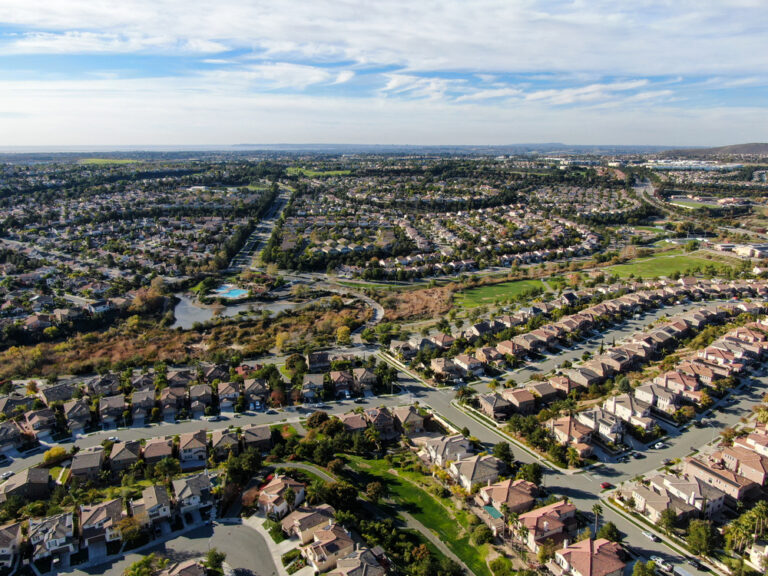Disparities in pollution capitalization rates: the role of direct and systemic discrimination

Download
Air pollution from fine particulate matter (PM2.5) is detrimental to health and productivity. In the United States it has also been shown to affect house prices, the focus of this study. Disparities in exposure to air pollution across ethnic groups give rise to environmental justice concerns, as Black communities are disproportionally more exposed to air pollution than White communities in the US. However, over the past few decades, air pollution has declined across economic sectors in the US, which has benefitted all groups but particularly Black communities, helping to reduce the disparity in exposure to air pollution on average.
This paper asks how the changes in air quality have affected ethnic disparities in housing wealth, the single most important factor in wealth. The reduction in the difference in exposure to air pollution may also suggest larger house price increases for Black homeowners than for White homeowners. However, disparities in house prices depend not only on changes in pollution exposure across ethnic groups, but also on how cleaner air is reflected in house prices across ethnic groups. The analysis finds that air quality improvement positively affects house prices for White homeowners much more than for Black homeowners – with a ‘capitalization rate’ that is 42% higher than that for Black homeowners for the same unit of air quality improvement. As a result, relative house price disparities increased due to air quality improvements, despite reduced differences in exposure.
The paper finds direct discrimination, defined as that driven by seller ethnicity, controlling for seller, property or neighbourhood characteristics, drives 60% of the capitalization rate differences. Systemic discrimination, defined as arising from ethnic composition of neighbourhoods conditional on seller ethnicity, drives 40% of the capitalization rate differences.
Key points for decision-makers
- Reducing disparities in exposure to pollution is a key factor for addressing environmental justice and for ensuring a fair transition to a cleaner world.
- But it is equally important to address how changes in environmental quality capitalize into outcomes, such as house prices or health, and how this capitalization rate may differ by ethnic or income groups.
- This study combines data on property-level transactions, administrative loan data with information on ethnicity, and granular data on neighbourhood characteristics with pollution exposure measurements from 2000–2019.
- The analysis finds large ethnic disparities in how cleaner air capitalizes into house prices, so large that they overturn the relative improvement in ethnic exposure disparities in the US and their effect on house prices.
- If Black homeowners had the same capitalization rates as White homeowners, their home values would have been 16% larger in 2019 from the observed air quality improvements.
- Addressing systemic and direct discrimination can help improve relative disparities from environmental quality improvements.
This paper was first published in January 2023. An interim version was substantially revised in December 2024 and updated further in July 2025. The current version was updated in November 2025.

